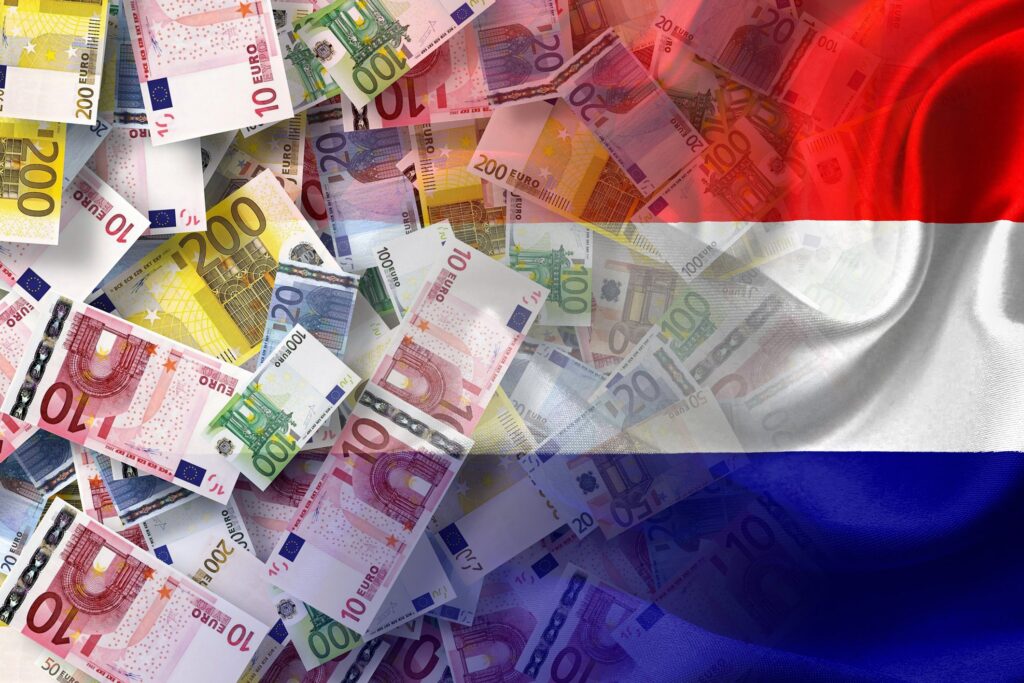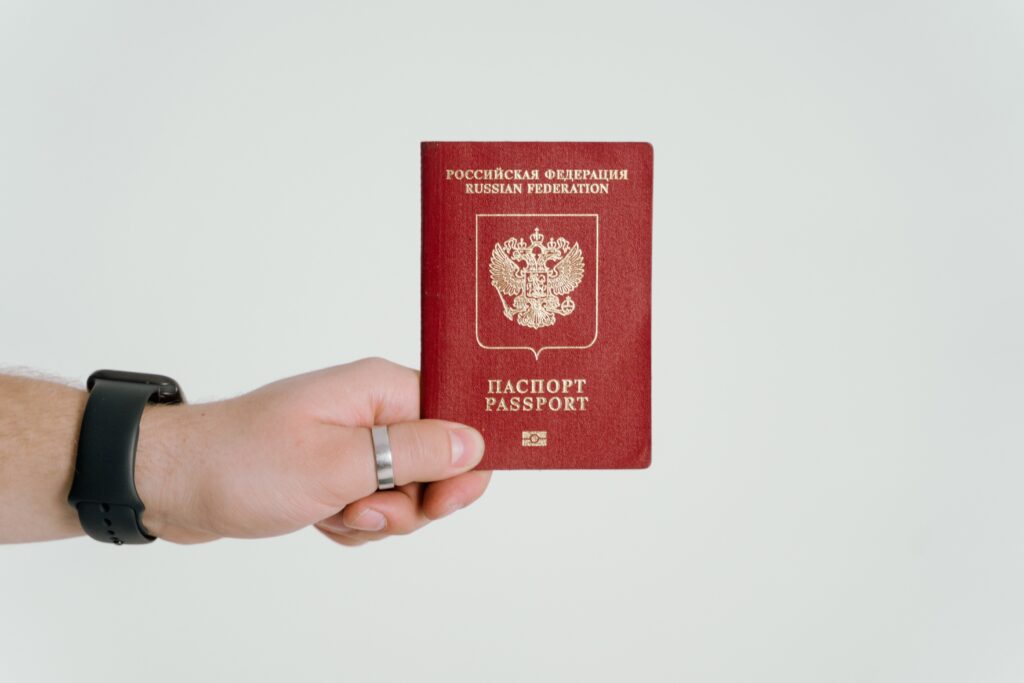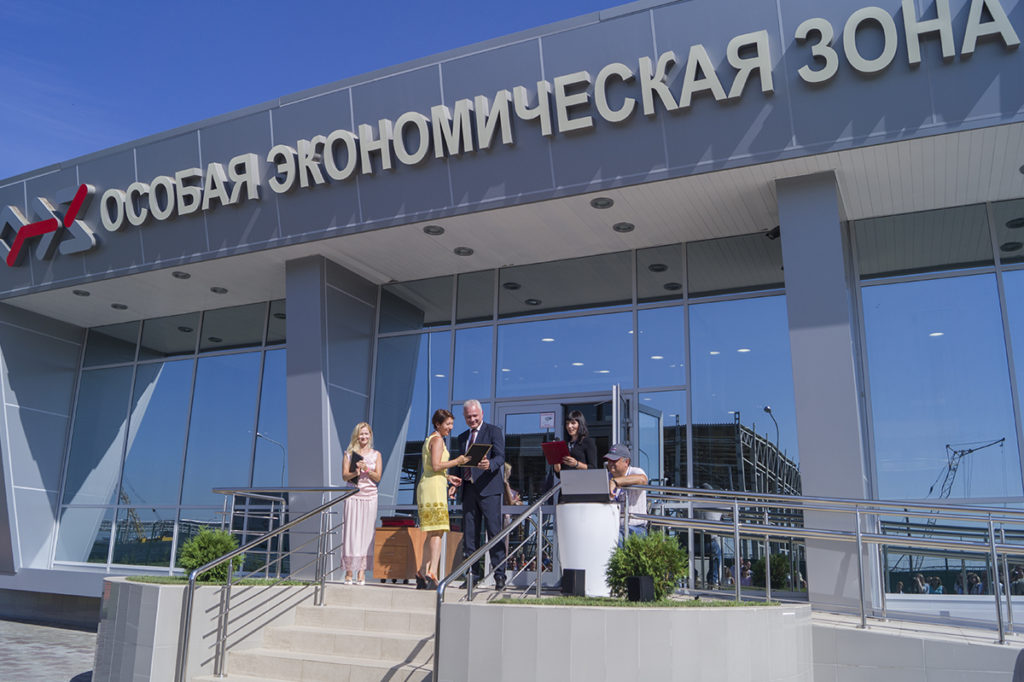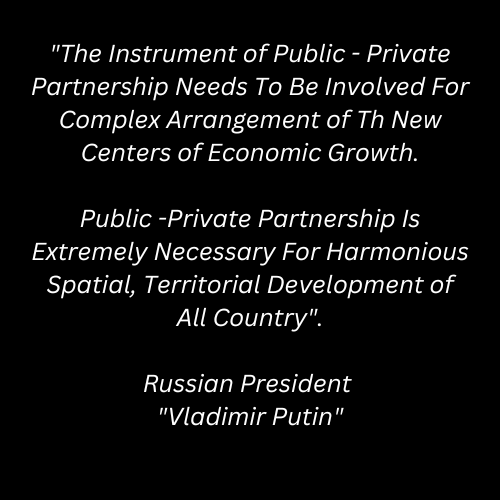Investment Climate
Investment Climate



Foreign investments are regulated by the Federal Law No. 160-FZ issued in 1999, which guarantees foreign investors the right to invest and to receive revenues and profits from such investments and sets forth the general terms for foreign investors’ business activities in Russia.
The law treats foreign investors no less favorable than domestic investors, with some exceptions intended to protect the Russian constitution or for the purposes of protecting state security or health or protecting the rights of persons and public morals in society.
The law gives guarantees that foreign investments will not be nationalized except in exceptional cases, with a guarantee of compensation.
The law allows foreign investors to invest in most economic sectors including investing in government securities, bonds and stocks, investing and establishing new businesses, acquiring existing Russian companies, entering into joint ventures and other businesses.
According to the investment law, the foreign investor has the right to obtain compensation in the case of loss resulting from legal violations or inaction by government agencies.
The Investment law guarantees that the tax burden on investments will not increase until the value of the investment is recovered and has a maximum period of 7 years unless this period is extended by the Russian government. Excluded are excise tax, VAT on domestic goods and payments to the pension fund.
This law does not apply to foreign investment in the following areas:
- Insurance companies and other credit institutions;
- The media in all its forms;
- Air carriers;
- The Non-profit organizations;
Where foreign investment in these entities is subject to criteria established by Russian legislation.
As for foreign investments in Russian companies of strategic importance for national defense and security, investment in these entities is regulated by Federal Law No. 57-FZ of 2008 (Strategic Companies Law).
Obtaining Russian Citizenship Through Investment
Obtaining Russian Citizenship Through Investment


With the aim of stimulating the economy and developing certain sectors, Russia is working on developing incentive programs to attract foreign direct investment and allow foreign investors to obtain Russian citizenship through investment. One of these programs is investment in one of the two sectors::
- The agricultural sector
- Industrial sector
In addition, the investor must meet the following conditions:
- The investment must have been for a period of no less than three (3) years, and the profits of the company after taxes during the first three years must be not less than 10 million rubles;
- In the case that the foreign investor enters into a partnership in a Russian company, his share in the Russian company must be not less than 10%, and his profits after paying taxes during the three years must be not less than 10 million rubles.
- A basic knowledge of the Russian language.
- A basic Knowledge of the Russian history .
Another program under development is to grant a golden visa and obtain citizenship to a foreign investor through a distinguished investment, which is expected to enter into force in 2022.
In principle, the Russian government has set certain criteria and conditions that a foreign investor must have in order to apply for a golden visa and then citizenship, which are as follows:
- Opening a company in Russia with a foreign investment of at least 135 000 US dollars, provided that the company employs at least 10 local employees.
- The foreign investor invests in a Russian company with an amount of no less than 200 000 US dollars.
The Procedure:
- After the establishment of the company, the foreign investor obtains temporary residence;
- After one (1) year has passed, the investor is entitled to apply for permanent residence;
- After three (3) years, the investor applies for Russian citizenship.
Special Economic Zones
Special Economic Zones


In recent years, the Russian government has worked to develop special economic zones that give the investor facilities, tax and customs exemptions. For more information, see section “SEZs”.
Public – Private Partnership (PPP)
Public – Private Partnership (PPP)



The Russian government is working on developing partnership mechanisms between the public and private sectors in order to attract private investment to the infrastructure sector. The public-private partnership is regulated by Federal Law No. 224-FZ of 2015 for the Public-Private Partnership and the Municipal-Private Partnership, as this law allowed the transfer of project ownership to the private sector, unlike the public-private partnership on the basis of concession rights where it does not allow This partnership transfers ownership to the private sector.
Models of PPP:
- Concession Agreement, regulated by Federal Law# 115-FZ
- Non-Concession Agreement, regulated by Federal Law # 224-FZ,